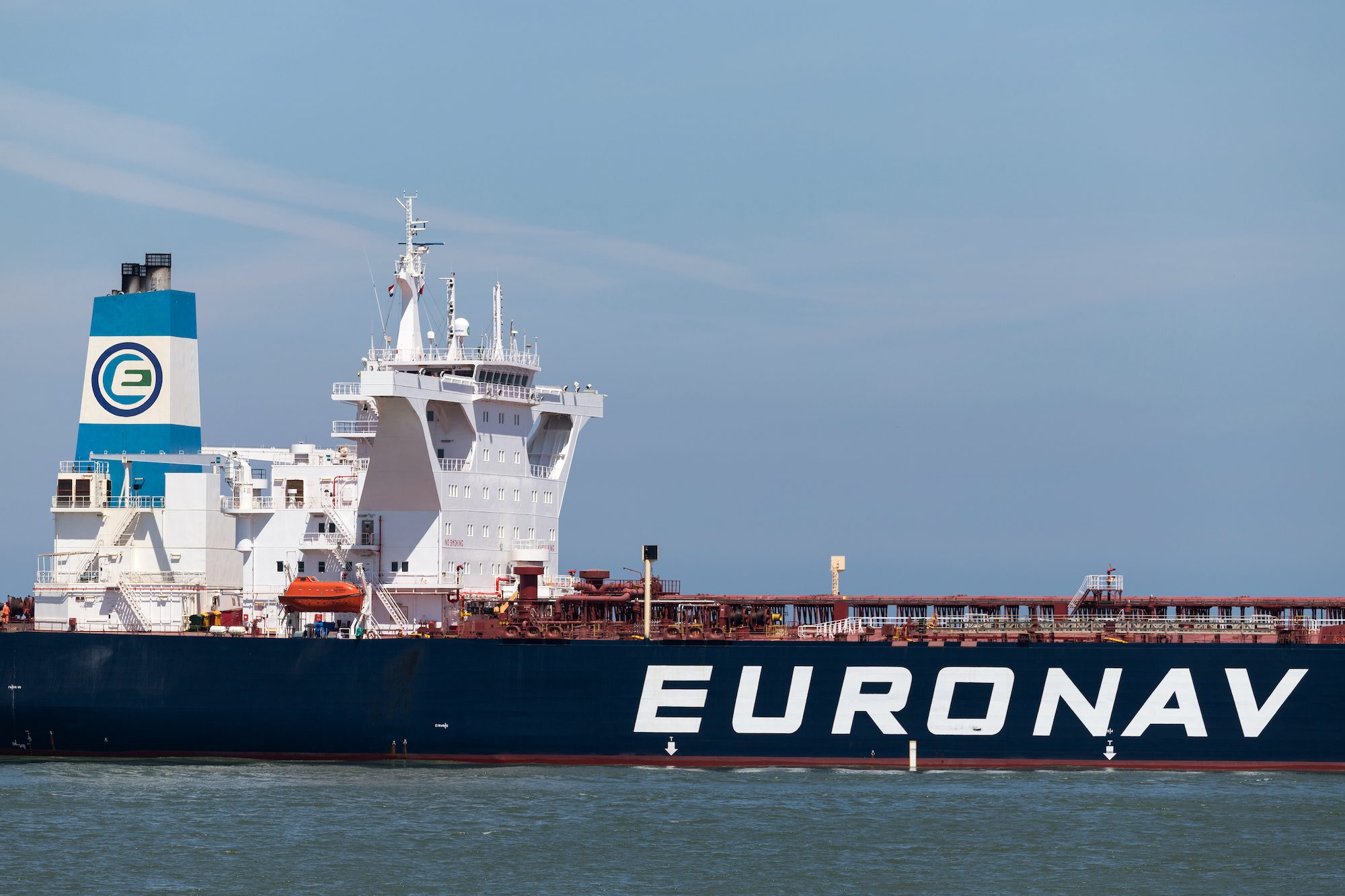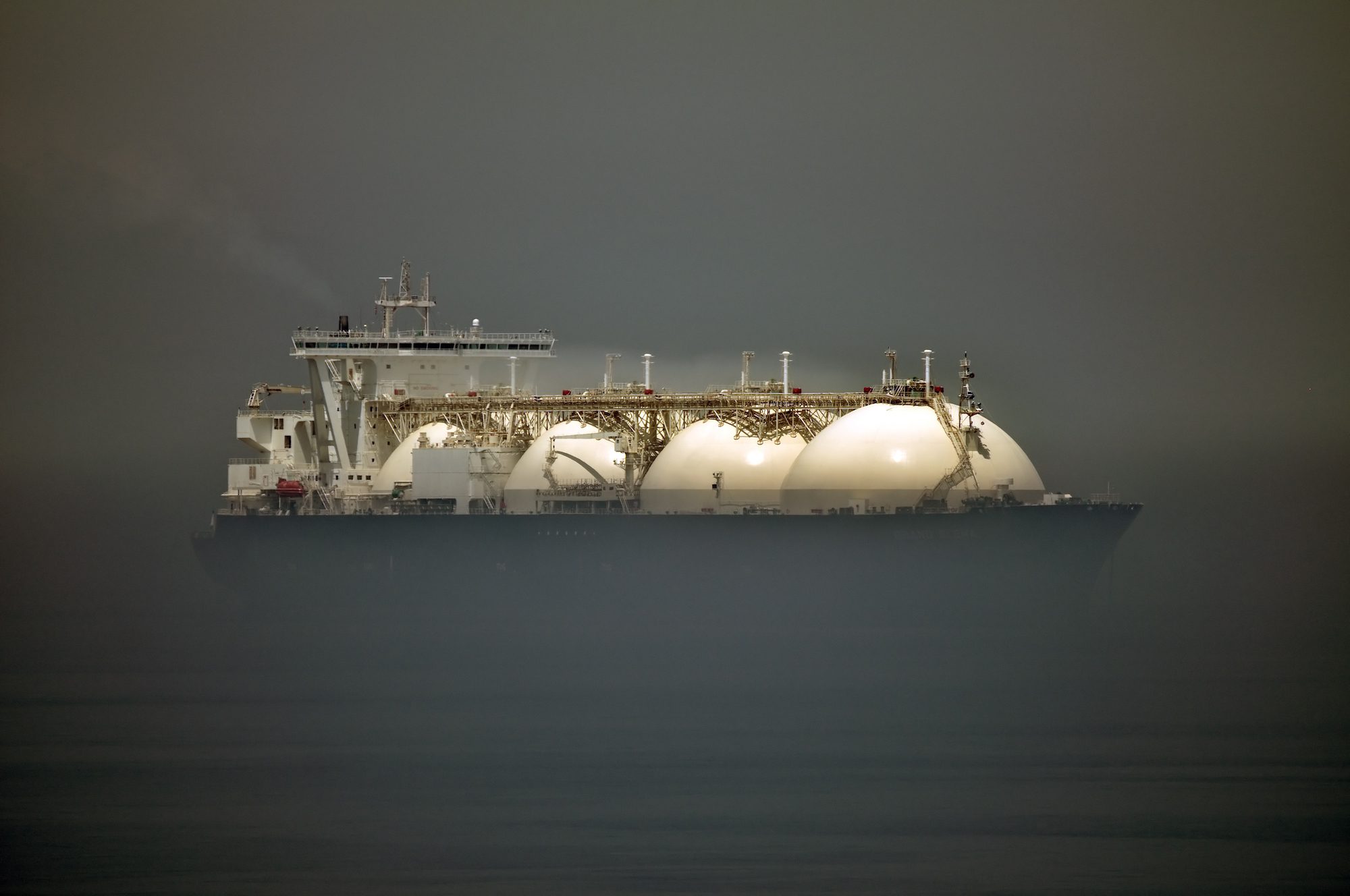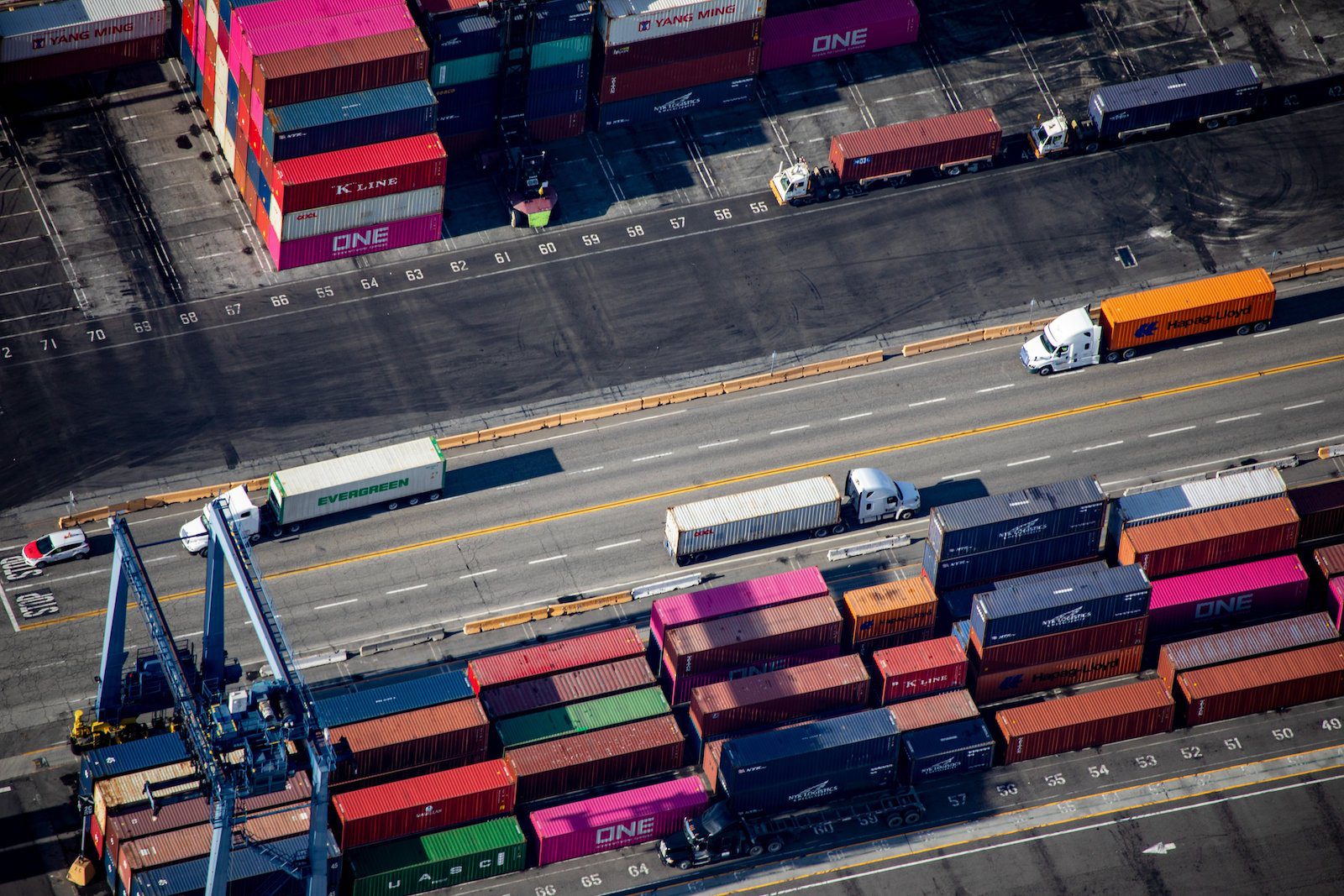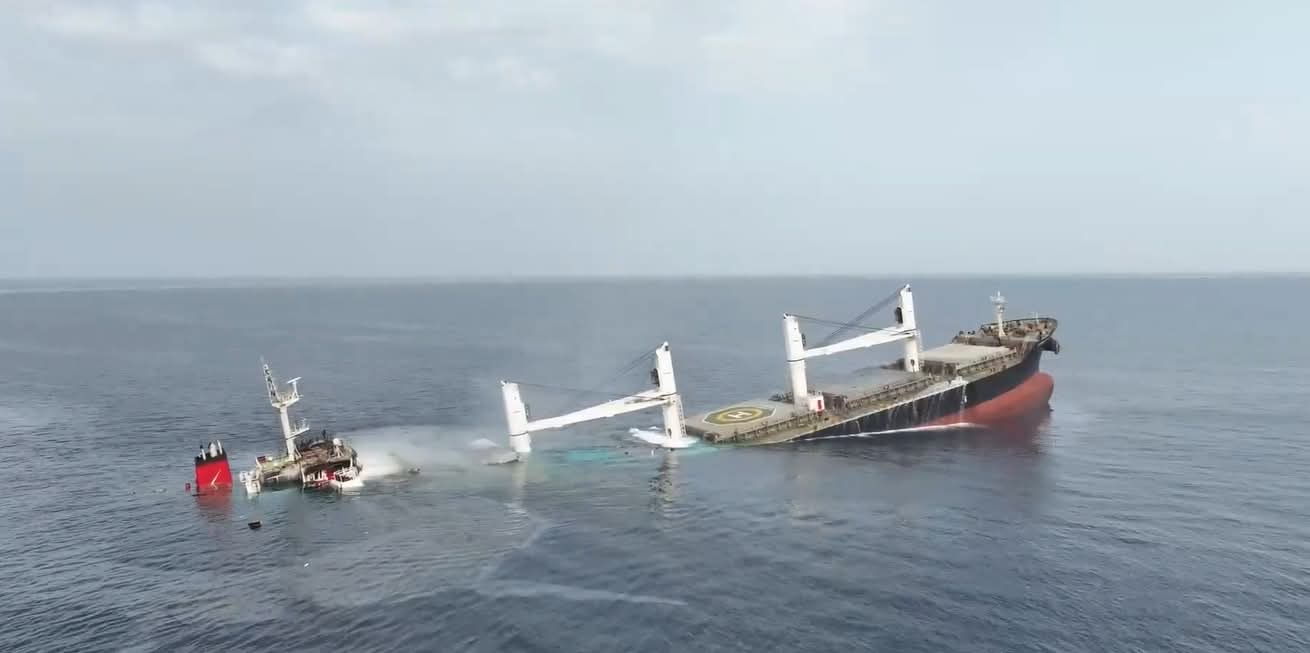“Could I be a little bit provocative here?” asked Hugo De Stoop, the CEO of listed tanker giant Euronav- the NYSE listed owner Euronav, one of a handful of participants in a virtual panel session on tanker markets- organized by the Baltic Exchange- part of London Energy Week. The panel, following up on presentations regarding the oil markets and the overall tanker market, had moved into a discussion of cooperation by charterers in shipowners’ efforts to lower carbon emissions.
Mr. De Stoop, opined “I am completely amazed that [charterers] tell us to navigate at 12.5 knots, currently, when the market is completely in shambles- ie they are not paying anything for freight, ie it has never been that low, and when we ask to go slower- which obviously has an economic advantage to us…but no disadvantage for them. There is a complete disconnect between the Boardroom- who you can see all over the press, is trying to decrease the carbon emission of the entire company, oil majors, trading companies, etc. …from the Chartering Desk- which is insisting on please go at 12.5 or even 13 knots.”
The Euronav CEO was asked by the session’s moderator, the Baltic Exchange’s Senior Freight Reporter, Matthew Cox, whether it could make sense to penalize charterers where carbon emissions on a voyage exceed specified limits (more fuel consumption, and therefore, emissions, due to greater speed). The answer provided a great insight into how tanker (and maybe drybulk) charters may be structured in the future, with Mr. De Stoop saying, “I believe in financial incentives rather than financial penalties. There’s quite a bit of money to be saved by slowing down the ship, and we at Euronav would have no problem sharing that with our customers. So rather than the stick, we prefer the carrot.”
While acknowledging logistical considerations (such as changing schedules at terminals), he added: “It can be done, through cooperation, and from a financial point of view, everybody can benefit.”
These remarks come within a month after a group of shipping associations, including Intertanko, endorsed a recommendation within a report on possible fine-tuning of the European Union’s Emissions Trading Scheme (EU ETS), authored by a member of the European Parliament. The report suggested that that the commercial operator of a ship (which could well be a time-charterer) should be the final entity responsible for payments, under the EU ETS- where assessments would be levied on shipowners’ carbon emissions above allowed levels.
Intertanko, in a press release, said that: “Expanding the definition of a shipping company, as proposed by [the author], to include the ‘time charterer’, ensures that those responsible for, and benefiting from, the transportation of the cargo are also responsible for the emissions.”
The organization’s long game envisions a worldwide, rather than regional, plan for an Emissions Trading program. Intertanko adds: “The end goal must be an agreement at International Maritime Organisation (IMO) level, with the foreseen EU legislation as a temporary measure until an international measure is in place. The EU legislation should therefore be shaped with a forthcoming IMO agreement in mind, being both scalable and flexible.”
On the subject of actions to induce decarbonization, Baltic panelist Henry Curra, Director of Research at shipbroker Braemar ACM, talking about the regulatory dynamics “not just in shipping…across the board”, offered that “It will require a very strong regulatory framework…stronger, I feel, than the IMO will be able to produce.”
Responding to a question from Mr. Cox, the Moderator, on the likely successes of bringing charterers into the fold of responsibility for emissions, Ms. Claire Grierson, the top tanker researcher at brokerage SSY, said: “I think that charterers will have to be part of the solution. They have to be. They are operating ships as well…certainly a lot of charterers have within their own decarbonization programs the need to make sure that they’re taking the most economical ships…if the voyages that they take can impact on some of the emissions.”

 Join The Club
Join The Club











